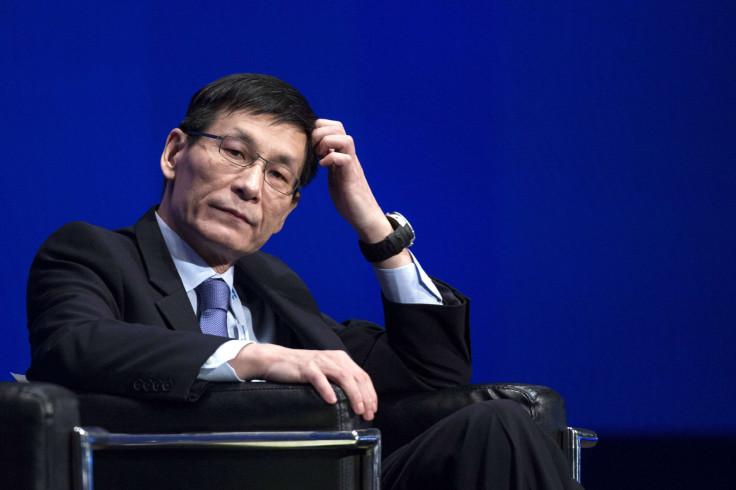China's International Capital Corp (CICC) Chairman Jin Liqun Resigns

China International Capital Corp. Chairman Jin Liqun has quit his post after just one year on the job. The move comes after rumors surfaced earlier this month of executive leadership changes at one of China’s largest investment banking and research services companies.
Jin is just the most recent leadership change at CICC. Last week, the corporation announced the departure of Zhu Yunlai, who is also known by his English name Levin Zhu, son of former Chinese Premier Zhu Rongji, who resigned as chief executive officer in a surprising move. The news has been seen as the most recent sign of problems plaguing the financial institution, possibly derailing CICC’s plans for a Hong Kong initial public offering.
Caixin, a Chinese business magazine, confirmed Jin’s departure and also reported that Ding Xuedong, the current chairman of China Investment Co. Ltd., will take the helm as CICC’s new chairman.
Some speculated that Jin’s departure had something do with his age, 65, but sources at CICC told the South China Morning Post of Hong Kong that unlike state-run companies, the CICC does not have a mandatory retirement age. The report suggests that Jin left the CICC for the Asian Infrastructure Investment Bank to serve as its first president.
“CICC is going through a hard time,” Jiao Wenchao, a Beijing-based analyst at Ping An Securities Co., told Bloomberg at the time of Zhu’s surprise resignation. “An over-reliance on investment banking has become its main weakness as the IPO market remains lukewarm and the company is not positioned for the smaller deals which dominate now.”
© Copyright IBTimes 2025. All rights reserved.






















